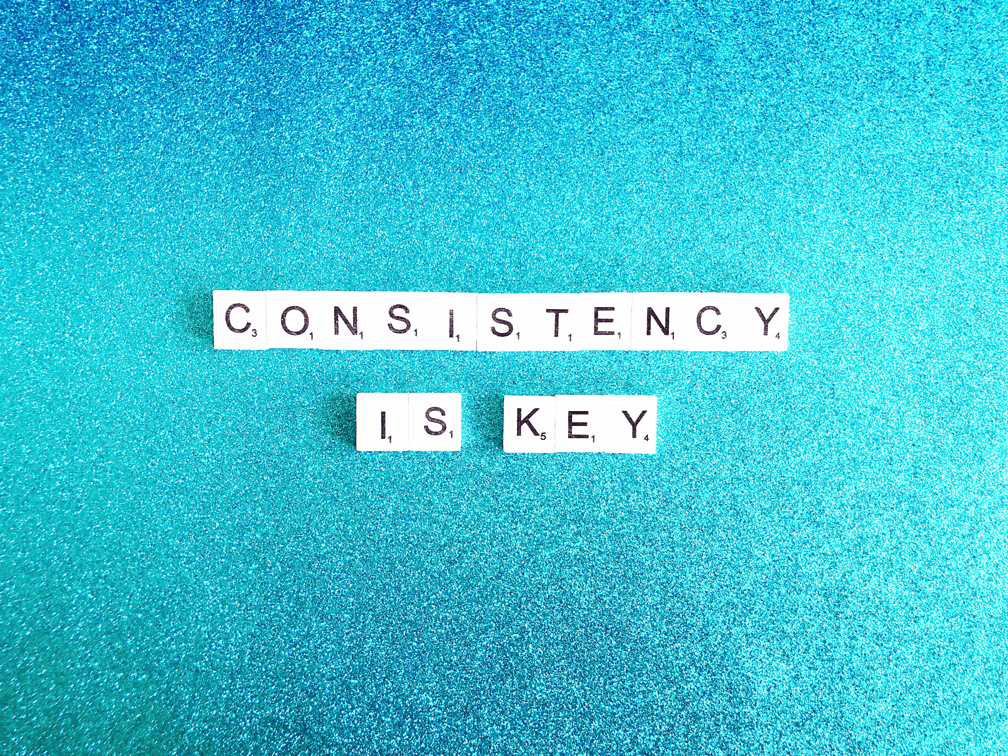You finally got another glowing 5-star review—great news, right?
But what happens when that same customer’s friend looks you up and sees an outdated website, unanswered Facebook comments, or inconsistent branding across platforms? Suddenly, that great review doesn’t carry as much weight.
Reviews and reputation go hand-in-hand, but they’re not the same thing. Reviews are what people say about you. Reputation is what people believe about you. Both influence whether a customer decides to work with your business—and now is the perfect time to make sure yours are working together.
What’s the Difference Between Reviews and Reputation?
Reviews are the visible proof of your customers’ experiences.
They’re the stars, the written feedback, and the testimonials that live on Google, Facebook, or industry-specific platforms. They’re critical—but they’re also just snapshots in time.
Reputation, on the other hand, is the full picture.
It’s formed by every interaction someone has with your business—your website, your response times, your tone on social media, and even how your team handles mistakes. It’s the impression that sticks long after someone reads your reviews.
Think of it this way:
⭐ Reviews tell people what you’ve done.
💬 Reputation tells people who you are.
A business might have great reviews but still come across as unreliable if their website looks outdated or their messages go unanswered. Likewise, a solid reputation can help balance out the occasional negative review when people see you genuinely care and respond well.
Why Small Businesses Should Care Now
As the year winds down, many people start planning next year’s projects—whether that’s a new marketing partner, a remodel, or a service provider they can trust. They’re researching now, comparing options, and forming opinions long before they ever reach out.
That’s why this season is the perfect time to strengthen both your reviews and your reputation.
- Good reviews attract leads.
- A strong reputation converts them.
Ignoring one or the other can be costly. A business with positive reviews but no recent activity or engagement looks inactive. Meanwhile, a company with an excellent reputation but too few reviews might struggle to get discovered in the first place. Balancing both creates a powerful credibility loop—where great service earns reviews, and great reputation reinforces them.
How to Audit Your Online Presence
Before you can improve, take inventory of where you stand. Use this quick checklist:
Review Audit
- Are you listed on the main platforms (Google, Facebook, Yelp, industry-specific directories)?
- Do you respond to every review—good or bad—within a few days?
- Are you regularly asking satisfied customers for reviews?
- Do you feature positive testimonials on your website or social media?
Reputation Audit
- Is your website up to date and mobile-friendly?
- Are your branding, messaging, and tone consistent across all channels?
- Do you actively post and engage on social media?
- How do you handle public complaints or negative comments?
- When you Google your business, what shows up on the first page?
The answers will show you where to focus first.
A Three-Step Plan to Strengthen Both This Month
Step 1: Refresh your foundation.
Update your online profiles, fix outdated information, and make sure your website clearly represents your current services and brand. Claim your Google Business Profile (if you haven’t already), upload new photos, and respond to any unaddressed reviews.
Step 2: Ask for reviews the right way.
Happy clients are often willing to share feedback—they just need a reminder. After a successful project or sale, send a quick thank-you email or text with a link to leave a review. Make it easy, personal, and timely. Then, share those reviews in your marketing to keep momentum going.
Step 3: Build your reputation story.
Post behind-the-scenes photos, highlight your team, or share a “day in the life” post. Respond promptly to messages. Show your values in action. Every interaction—online and offline—contributes to your reputation, so use every opportunity to reinforce the trust people have in your business.
Measuring Success (and Keeping It Going)
Set simple, trackable goals:
- Add 10 new reviews by the end of the year.
- Respond to every comment or message within 48 hours.
- Keep your Google rating above 4.7 stars.
- Post at least once per week showing company culture, expertise, or client appreciation.
Then, check your analytics—Google Business Insights, social engagement, and website traffic—to see how consistency impacts growth.
The Bottom Line
Your reviews might get people to look—but your reputation is what makes them stay.
When both are strong, you’re not just building credibility; you’re creating community trust that drives long-term success. Take a few simple steps this November to review, refresh, and reinforce your presence—and enter the new year with confidence that your business looks as good online as it performs in real life.
Need help auditing your digital presence?
Paragon Marketing Group can help you build a strategy that strengthens both your reviews and your reputation—so your business stands out for all the right reasons. Contact us today to get started.




